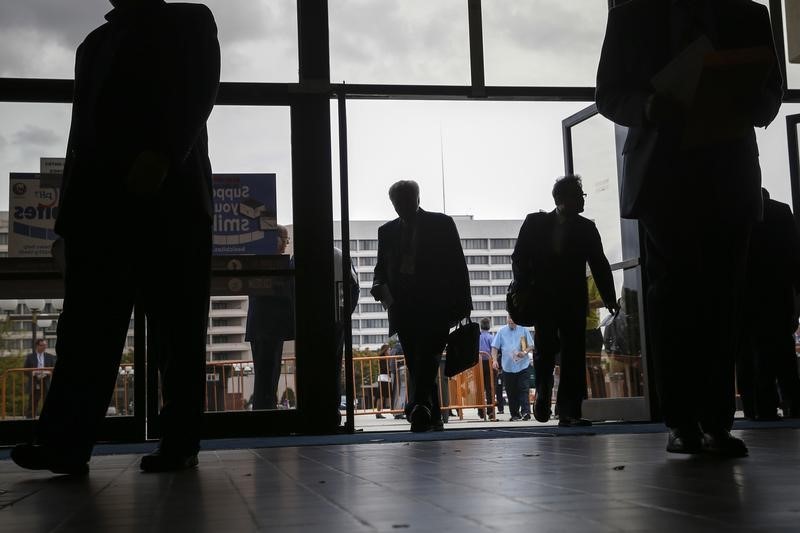* Raab: There must be a cost for Lukashenko and Putin
* Belarus revokes registration of biggest independent news outlet
* Lukashenko denies electoral fraud
By Josh Smith and David Ljunggren
SEOUL/OTTAWA, Sept 29 (Reuters) - Britain and Canada imposed travel bans and asset freezes on Tuesday on Belarusian President Alexander Lukashenko, his son and other senior officials, accusing their government of rigging an election and committing violence against protesters.
The sanctions were the first to be implemented by major Western powers over the crisis in Belarus, a close Russian ally. There was no immediate announcement from United States, which sources had said last week was planning to coordinate a joint announcement with its two big English-speaking allies.
More than 12,000 people have been arrested in mass demonstrations since Lukashenko, in power for 26 years, was named the landslide winner of an Aug. 9 presidential election his opponents say was stolen.
Lukashenko denies electoral fraud. All major opposition figures are either in jail or in exile.
On Tuesday, the authorities announced they were revoking the registration of Belarus's biggest news organisation outside state control, website TUT.BY. Its staff said they would try to keep operating.
"Today, the government has documented that it is depriving Belarusians of the right to the truth," said exiled opposition leader Sviatlana Tsikhounskaya.
British Foreign Secretary Dominic Raab told Reuters that Lukashenko should pay a cost for "the kind of human rights abuses that we've seen and the fraudulent approach to that election". Raab also mentioned Lukashenko's ally, Russian President Vladimir Putin, although none of the measures Britain announced on Tuesday targets Russia or any Russians.
"We can't just have a situation where the likes of Alexander Lukashenko and frankly Vladimir Putin think that the human rights abuses and the rigging of that election can just pass without them being held to account."
Canadian Foreign Minister François-Philippe Champagne told Reuters by phone: "The resolve we have to stand with the Belarus people won't stop here. This a first step. We will continue to engage with our international partners to see what more can be done, which may include additional sanctions in light of the evolving situation."
TREADING CAREFULLY
The West has so far been careful not to provoke Moscow while showing sympathy for the pro-democracy movement in Belarus.
On Tuesday French President Emmanuel Macron became the first leader of a big Western power to meet Tsikhounskaya.
"... We need to be pragmatic and to support the Belarusian people and we will do our best, believe me," Macron said after their 45-minute talk at a hotel in Lithuania.
The European Union, which Britain quit in January, has said it will impose sanctions on some Belarusian officials, but has yet to finalise a list.
Sources told Reuters last week the United States was discussing plans with Britain and Canada for a joint announcement, although sources have also said Washington wanted to act in conjunction with the EU. of the sources told Reuters on Tuesday a U.S. sanctions package was essentially ready, but the timing of any announcement was uncertain. A Western diplomat told Reuters on condition of anonymity that Washington's decision not to act alongside Britain and Canada was "unexpected".
Latvia, Lithuania and Estonia, small EU members near Belarus, have announced sanctions lists of their own. Belarus announced tit-for-tat sanctions against 300 of their officials on Tuesday.
Britain's measures impose travel bans and asset freezes on Lukashenko and seven others, including his son Viktor. Canada's list includes Lukashenko and 10 others.
"There is a vanishing window to influence what is playing out in Belarus and we believe the time to take action is now," Raab said. "We will hold those responsible for the thuggery deployed against the Belarusian people to account and we will stand up for our values of democracy and human rights."
